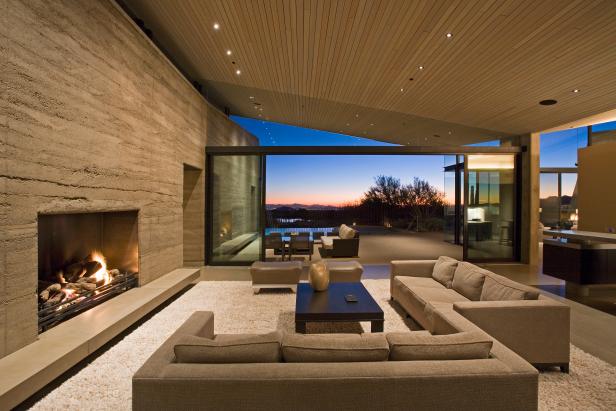Q&A: A NYC Broker on the Benefits of 'Test Driving' Homes

Arizona Best Real Estate, a member of Luxury Portfolio International
You've seen dozens of homes. You've whittled the list down. You think this home could be the one — and yet, you still need a little bit more information to decide if it's the right fit. To help buyers who are on the fence, some real estate brokers have been arranging "test drives" of prospective homes. Much like it sounds, test drives allow a serious buyer to live in a home for anywhere from several hours to overnight. It's an ideal way to decide if those nagging questions — How noisy are the neighbors? Will I mind the walk home from the subway station at 11 p.m.? — are deal-breakers or not. We spoke with Limor Nesher at CORE about the benefits of test-driving a home.
When did you start letting buyers try out homes? How often does it happen?
I began to try this trend about a month ago. At this stage, these instances don't happen very often, as not many people are aware of this option. Unless you are dealing with a truly unique home, most sellers do not choose to try this approach.
How long does a buyer usually stay at the house?
Normally for just a few hours. Rarely, an overnight stay.
How do you decide when to let a buyer test-drive a home? What sort of factors do you have to consider?
If a buyer shows serious interest, such as asking for second or third showings, bringing family or friends or other consultants, a seller may consider this route. Additionally, if they express concerns that can only be answered by spending more time in the space, that may also be a reason to allow the buyer to experience the home in this way. I would also consider the credibility of the buyer and his or her ability to buy.
Do you find that sellers are usually amenable to letting buyers "try out" their homes? Or is it hard to find sellers who are open to it?
It can be hard to find sellers willing to agree to it for obvious reasons. However, if a seller has a home in an emerging area or a unique property, having a prospective buyer "test drive" the home may be a good option.
In your experience, do clients tend to purchase homes after staying in them for a night? Or is that not necessarily the case?
This is not necessarily the case. Regardless of the outcome, both the buyers and the sellers tend to walk away from the experience with no regrets about their final decision, which is great for both parties.
What are some typical insights that buyers gain after spending the night in a prospective home? What kind of questions are they looking to answer?
Typical questions that potential buyers are hoping to answer during their time at a home are: Are the walls too thin? How safe is this neighborhood at night? How is the water pressure in the shower? Would my furniture fit in here?
How would you advise a buyer to get the most out of a test drive?
First and foremost, be respectful to the owners and their privacy during your visit. Spend this time wisely and experience all of the details of this space as much as you can. Stroll through the neighborhood at different times of the day. Cook a meal and envision this space with your own personal touches included. Overall, try to recreate the experience as if you are already living there.















































